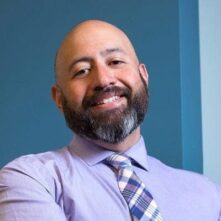 Marty Martinez leads the Reach Out and Read network, which includes more than 6,000 program sites in all 50 states and nearly 30 regional, state, and local affiliates. Marty brings 25 years of experience working on behalf of young people, families and underserved communities across the Greater Boston area. He has a strong skill set and expertise in public health, nonprofit management and positive youth development.
Marty Martinez leads the Reach Out and Read network, which includes more than 6,000 program sites in all 50 states and nearly 30 regional, state, and local affiliates. Marty brings 25 years of experience working on behalf of young people, families and underserved communities across the Greater Boston area. He has a strong skill set and expertise in public health, nonprofit management and positive youth development.
The network shares the power of reading with families of all diverse backgrounds and economic means. Reading can become a part of their daily lives, creating a ripple effect throughout the community. One-third of young children, and half of children living in poverty, enter kindergarten without the skills needed to do well in school. Giving every young child a foundation for success will strengthen our society and help combat the effects of income inequality.
Hear Marty discuss…
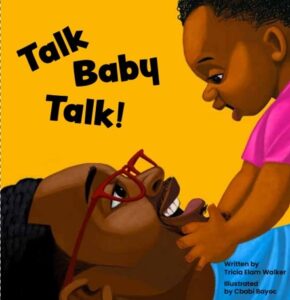 1. How does Reach Out and Read’s new children’s book, Talk Baby Talk, inspire a conversation about diversity in families?
1. How does Reach Out and Read’s new children’s book, Talk Baby Talk, inspire a conversation about diversity in families?
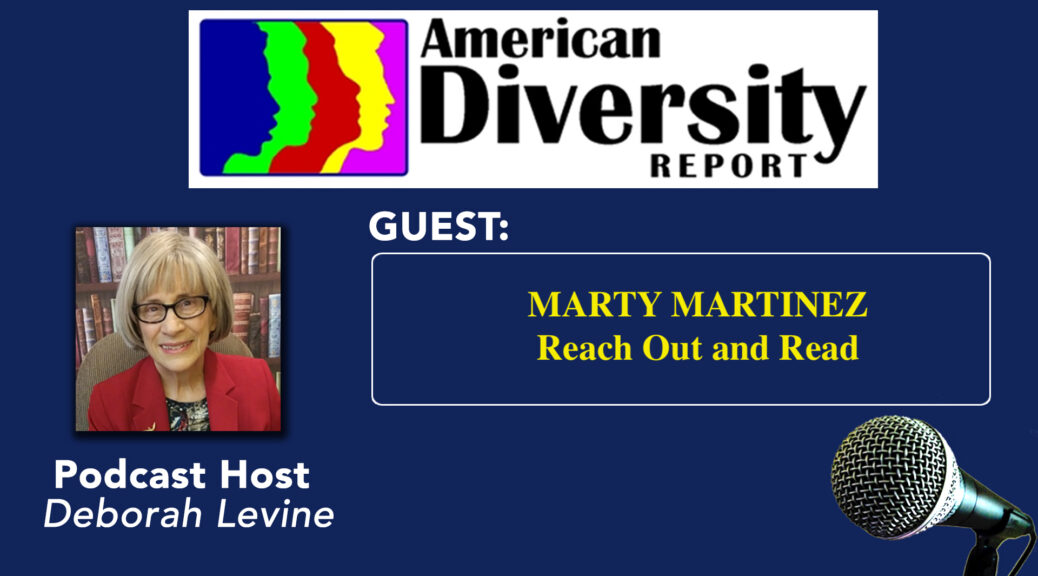
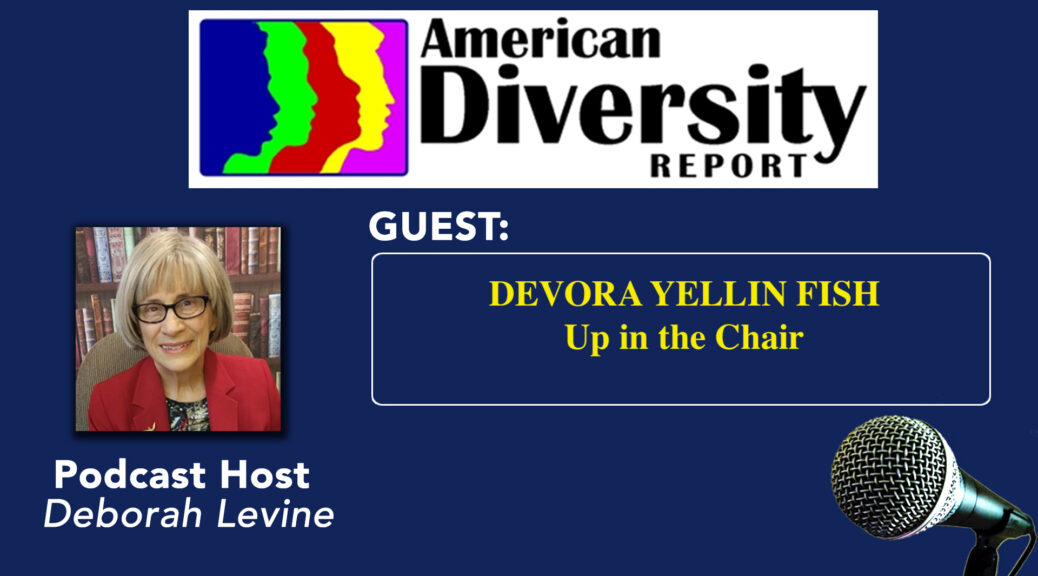
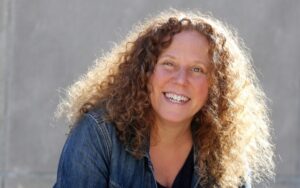 Devora Yellin Fish is a social justice experiential educator with the goal to increase inclusion in the world. She mentors under-represented purpose-driven Emerging Professionals and Entrepreneurs toward goals. Her mission is to Uplift each and every person for their unique contribution to humanity. No one and nothing left out. (FormerDirector of Education for the TN Holocaust Commission)
Devora Yellin Fish is a social justice experiential educator with the goal to increase inclusion in the world. She mentors under-represented purpose-driven Emerging Professionals and Entrepreneurs toward goals. Her mission is to Uplift each and every person for their unique contribution to humanity. No one and nothing left out. (FormerDirector of Education for the TN Holocaust Commission)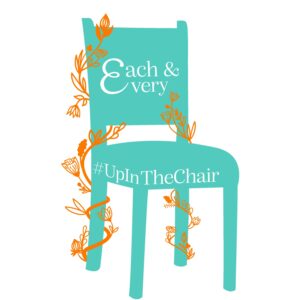 Hear Devora discuss:
Hear Devora discuss: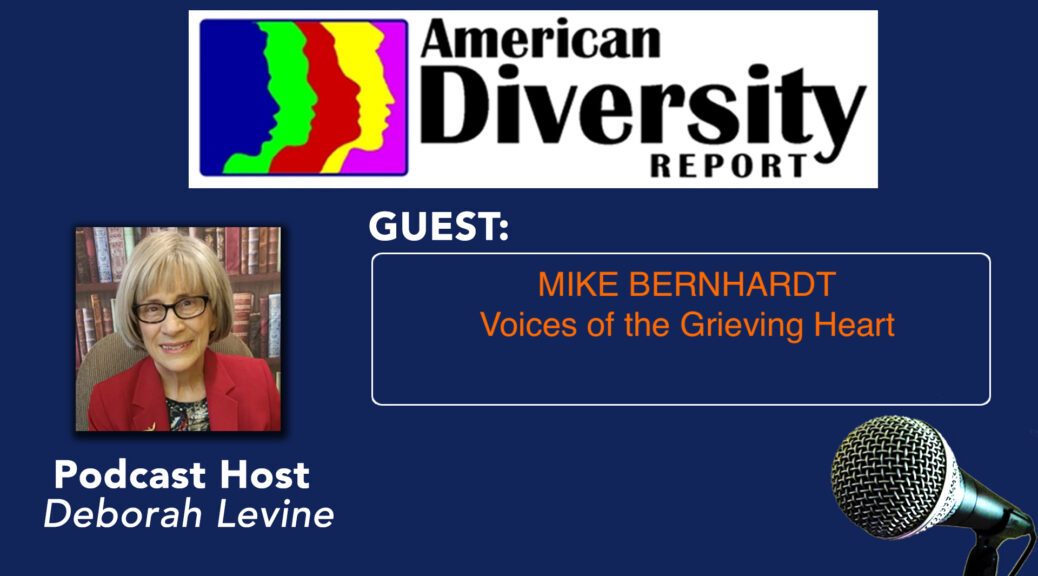
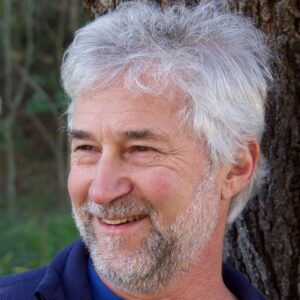 Mike Bernhardt is an award-winning writer whose work has appeared in many print and online publications including DIVE Magazine, Journey Beyond Travel, GeoEx Travel, and Hidden Compass. He’s also the editor of “Voices of the Grieving Heart,” an anthology of grief poetry. His new short story for Hidden Compass, “The Tides of War,” explores his search for what happened to his wife’s grandparents during World War II.
Mike Bernhardt is an award-winning writer whose work has appeared in many print and online publications including DIVE Magazine, Journey Beyond Travel, GeoEx Travel, and Hidden Compass. He’s also the editor of “Voices of the Grieving Heart,” an anthology of grief poetry. His new short story for Hidden Compass, “The Tides of War,” explores his search for what happened to his wife’s grandparents during World War II. 3. How can we learn from past mistakes and look at individuals, rather than their racial or ethnic affiliation, when determining who is a risk to public safety?
3. How can we learn from past mistakes and look at individuals, rather than their racial or ethnic affiliation, when determining who is a risk to public safety?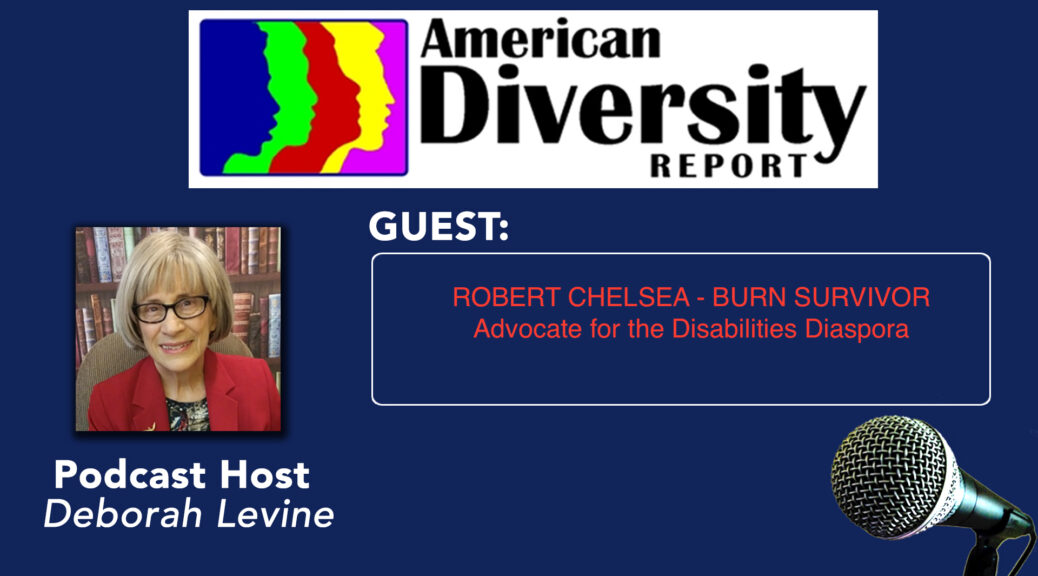
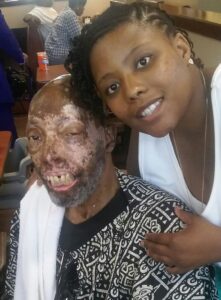 Robert Chelsea was born and raised in Los Angeles, CA where he lived and was educated as average black person, but became a Burn survivor, Amputee and Face Transplant Recipient. Hear his passion for advocacy in Transplant Technology and what caused him to advocate for the disabled diaspora.
Robert Chelsea was born and raised in Los Angeles, CA where he lived and was educated as average black person, but became a Burn survivor, Amputee and Face Transplant Recipient. Hear his passion for advocacy in Transplant Technology and what caused him to advocate for the disabled diaspora.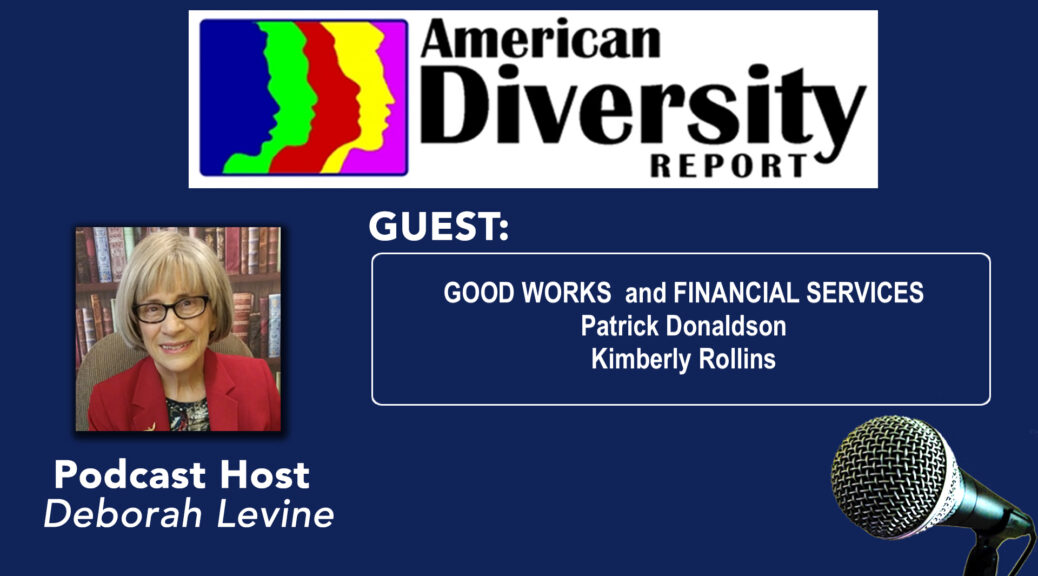
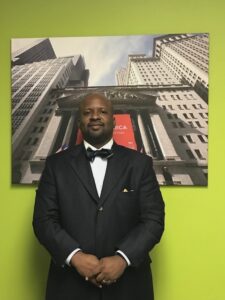 Patrick Donaldson is a church Elder, husband and father. He has worked in the financial services industry for over 20 years, focusing on retirement benefits and financial literacy. In addition to his Bachelor of Science degree, he has a Masters of Human Resources, holds a Tennessee insurance license and is a FINRA Securities Registered Representative with Primerica Financial Services. He has volunteered his expertise to the Chattanooga community with hands-on education workshops at numerous local churches and recreation centers, as well as actively working with the Citizen Safety Coalition.
Patrick Donaldson is a church Elder, husband and father. He has worked in the financial services industry for over 20 years, focusing on retirement benefits and financial literacy. In addition to his Bachelor of Science degree, he has a Masters of Human Resources, holds a Tennessee insurance license and is a FINRA Securities Registered Representative with Primerica Financial Services. He has volunteered his expertise to the Chattanooga community with hands-on education workshops at numerous local churches and recreation centers, as well as actively working with the Citizen Safety Coalition.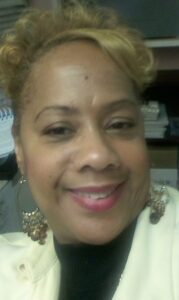 Kimberly Rollins is the wife of Pastor Donald Rollins Sr. of Chattanooga’s Born Again Christian Church. She worked for 23 years for the City of Chattanooga, acquiring the leadership skills that she taught co-workers and the women of her church. Then 7 years ago, she expanded her calling to help others by working in finance, helping as many people possible to accomplish their goals and dreams with the knowledge that she’s acquired over the years.
Kimberly Rollins is the wife of Pastor Donald Rollins Sr. of Chattanooga’s Born Again Christian Church. She worked for 23 years for the City of Chattanooga, acquiring the leadership skills that she taught co-workers and the women of her church. Then 7 years ago, she expanded her calling to help others by working in finance, helping as many people possible to accomplish their goals and dreams with the knowledge that she’s acquired over the years.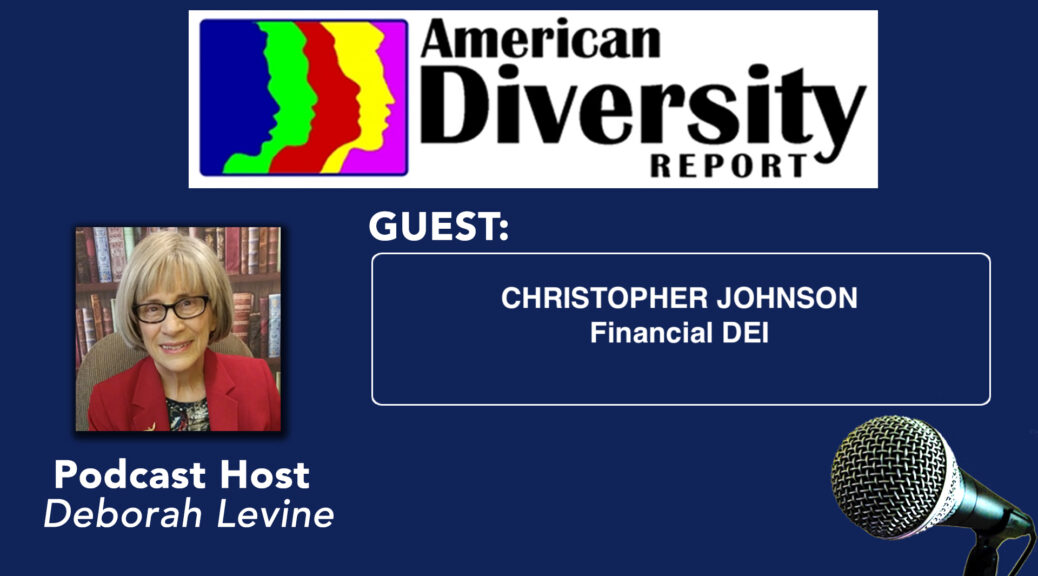
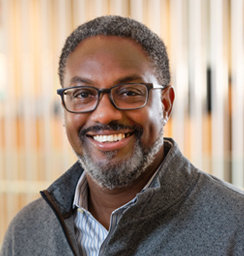 Christopher Johnson is President of Global Financial Services at Pitney Bowes, where he manages the financing and lending businesses, as well as the consumer and merchant payments and risk management functions across the company. Christopher also holds leadership responsibility for Pitney Bowes Bank, a state chartered industrial loan company.
Christopher Johnson is President of Global Financial Services at Pitney Bowes, where he manages the financing and lending businesses, as well as the consumer and merchant payments and risk management functions across the company. Christopher also holds leadership responsibility for Pitney Bowes Bank, a state chartered industrial loan company.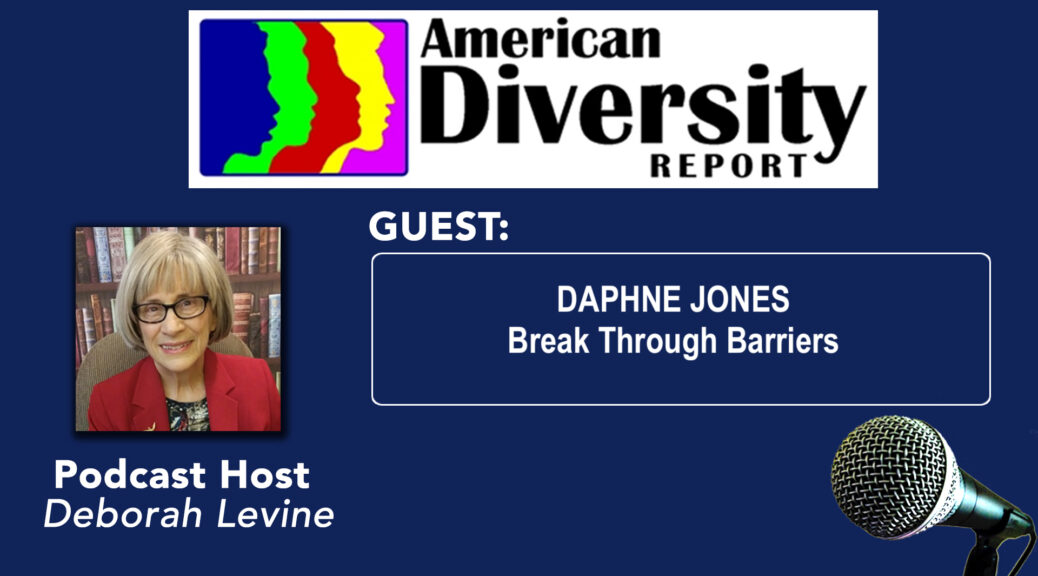
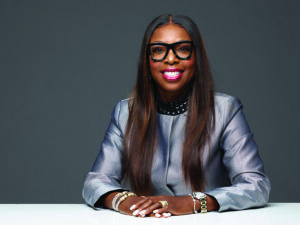 Daphne Jones serves on the Boards of three public companies—AMN Healthcare, the Barnes Group, and Masonite International—where she offers critical business savvy, cyber security expertise, and digital insights. Previously, she enjoyed a 30+-year corporate career at some of the world’s most recognizable companies, such as GE, Johnson & Johnson, IBM, and Hospira (now Pfizer).
Daphne Jones serves on the Boards of three public companies—AMN Healthcare, the Barnes Group, and Masonite International—where she offers critical business savvy, cyber security expertise, and digital insights. Previously, she enjoyed a 30+-year corporate career at some of the world’s most recognizable companies, such as GE, Johnson & Johnson, IBM, and Hospira (now Pfizer).
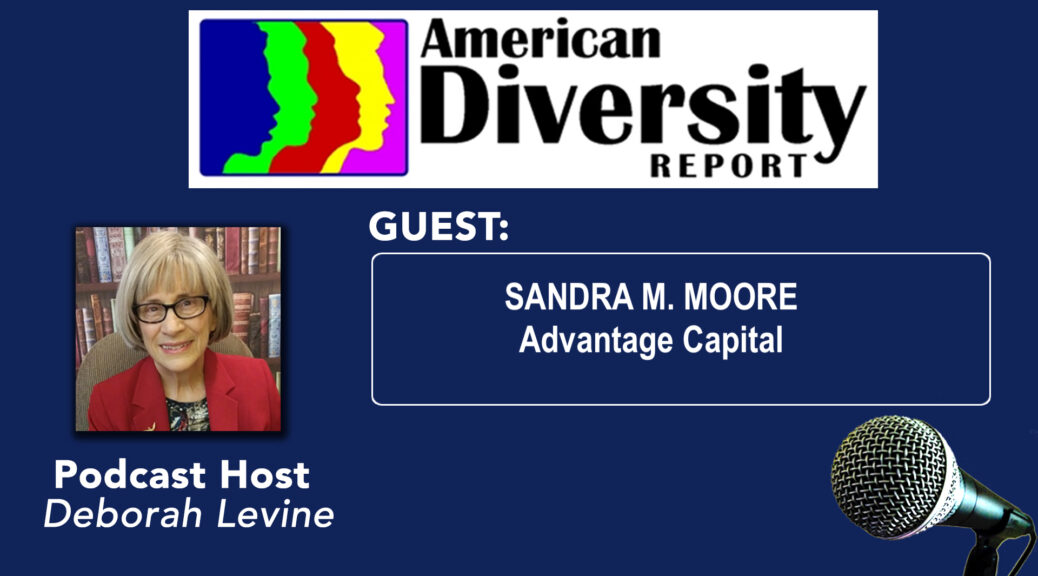
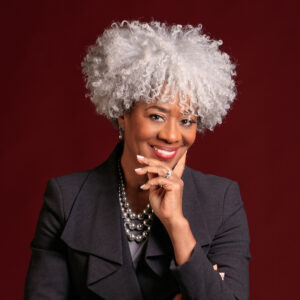 andra M. Moore is managing director and chief impact officer at Advantage Capital. The firm focuses on high growth and high wage business investing in communities where access to investment capital has historically been hard to find.
andra M. Moore is managing director and chief impact officer at Advantage Capital. The firm focuses on high growth and high wage business investing in communities where access to investment capital has historically been hard to find.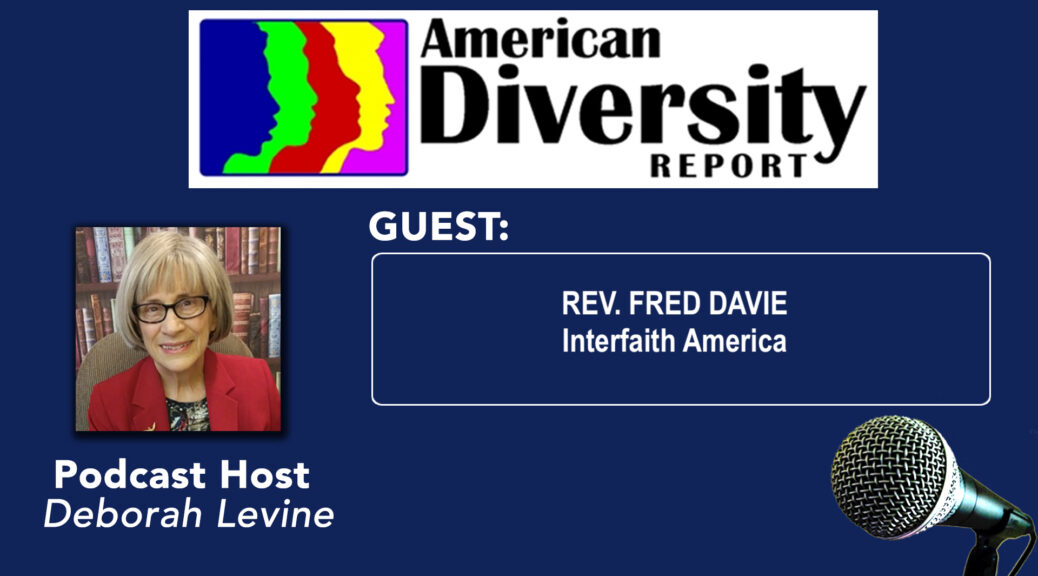
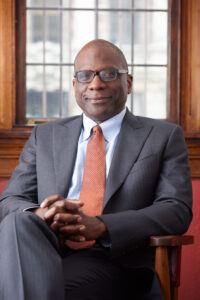 Reverend Fred Davie is a Senior Advisor for Racial Equity at Interfaith America, where he executes programming with a primary focus on the intersection of race and religion. He is also a minister in the Presbytery of New York City, and recently served as the Executive Vice President at Union Theological Seminary.
Reverend Fred Davie is a Senior Advisor for Racial Equity at Interfaith America, where he executes programming with a primary focus on the intersection of race and religion. He is also a minister in the Presbytery of New York City, and recently served as the Executive Vice President at Union Theological Seminary.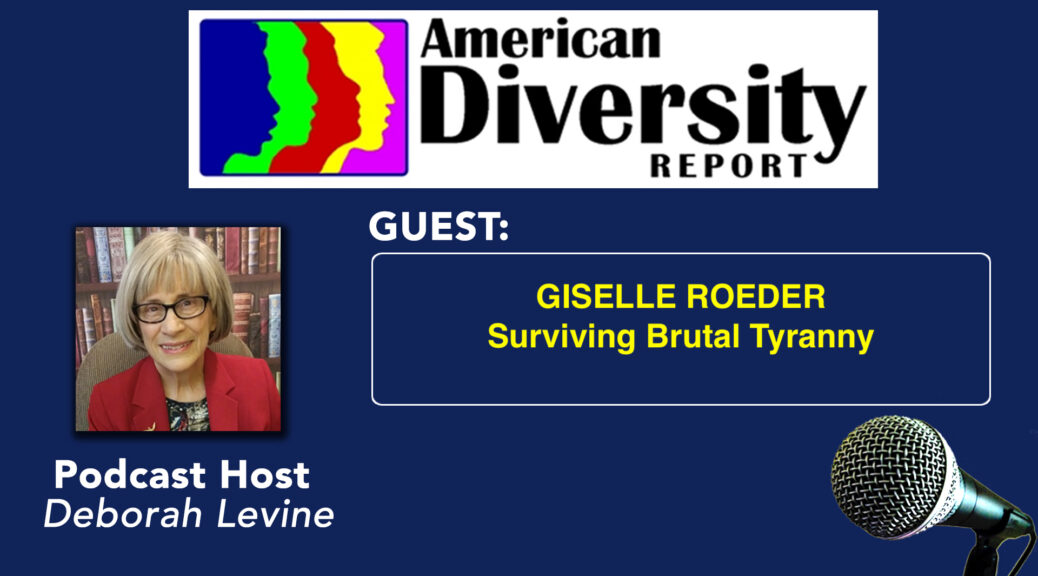
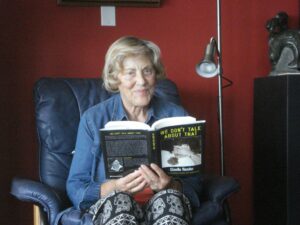 Born prior to WWII Giselle Roeder spent her early life in the relatively tranquil setting of a rural village in Pomerania, the most eastern part of Germany ceded to Poland in 1945. The bloody trauma of the fighting between the advancing Russians and the retreating German army in her neighborhood meant that thousands of people, including her family became displaced persons. l
Born prior to WWII Giselle Roeder spent her early life in the relatively tranquil setting of a rural village in Pomerania, the most eastern part of Germany ceded to Poland in 1945. The bloody trauma of the fighting between the advancing Russians and the retreating German army in her neighborhood meant that thousands of people, including her family became displaced persons. l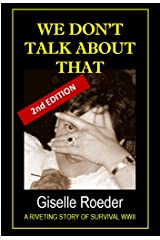 See
See